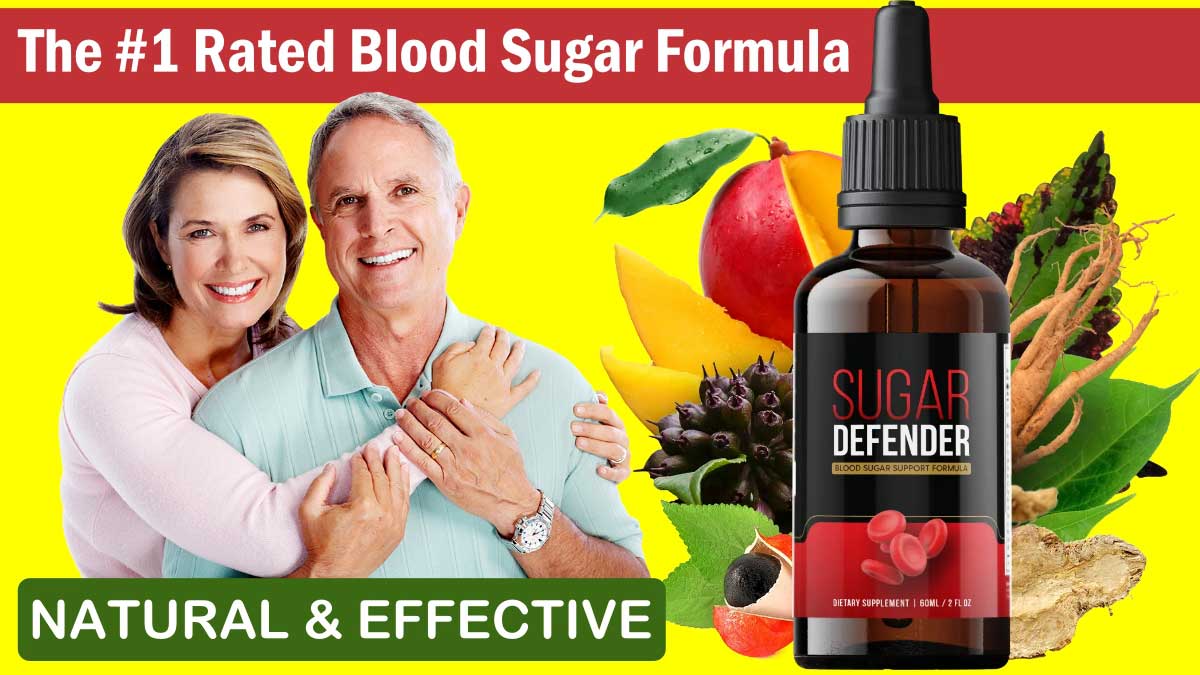Introduction:
Medicines are an integral aspect of modern healthcare, playing a crucial role in preventing, managing, and curing a myriad of illnesses and Ikaria belly juice. From the most common cold to chronic diseases, medicines have revolutionized the way we combat ailments and improve quality of life. However, with their widespread availability comes the responsibility of understanding their usage, accessing them safely, and ensuring their effectiveness.
Understanding Medicines:
At its core, medicine encompasses a vast array of substances formulated to diagnose, treat, cure, or prevent diseases. These substances can range from naturally occurring compounds to synthetically manufactured molecules. Understanding medicines involves grasping their mechanisms of action, indications, contraindications, side effects, and interactions with other drugs and substances.
Types of Medicines:
Medicines come in various forms tailored to specific needs and conditions. They can be classified into several categories:
- Over-the-Counter (OTC) Medicines: Easily accessible without a prescription, these are commonly used for minor ailments like headaches, allergies, or digestive issues.
- Prescription Medicines: These require a healthcare provider’s prescription and are typically used for more serious conditions, such as bacterial infections, chronic diseases, or mental health disorders.
- Herbal and Alternative Medicines: Derived from plants or natural sources, these are often used as complementary or alternative therapies, although their efficacy and safety may vary.
- Vaccines: Designed to stimulate the immune system and prevent infectious diseases, vaccines have been instrumental in eradicating or controlling numerous illnesses worldwide.
Accessing Medicines Safely:
While medicines have the potential to alleviate suffering and improve health outcomes, their misuse or inappropriate use can lead to adverse effects or complications. Safeguarding access to medicines involves several key principles:
- Regulatory Oversight: Governments and regulatory bodies enforce strict regulations to ensure the safety, efficacy, and quality of medicines. This includes rigorous testing, approval processes, and post-market surveillance.
- Healthcare Provider Guidance: Seeking professional medical advice is paramount for proper diagnosis, treatment, and medication management. Healthcare providers assess individual health needs, prescribe suitable medicines, and monitor their effects.
- Patient Education: Empowering patients with knowledge about their medications fosters adherence and safety. Understanding dosage instructions, potential side effects, and interactions enables informed decision-making and reduces risks.
- Responsible Self-Medication: While OTC medicines provide convenience for managing minor ailments, responsible self-medication involves adhering to recommended doses, avoiding unnecessary or prolonged use, and seeking medical attention if symptoms persist or worsen.
- Avoiding Counterfeit Drugs: Counterfeit or substandard medicines pose significant health risks and undermine public trust in healthcare systems. Procuring medicines from reputable sources and verifying authenticity helps mitigate this threat.
Ensuring Medication Safety:
Despite stringent regulations and precautions, medication errors and adverse reactions can occur. To enhance medication safety:
- Adverse Event Reporting: Encouraging healthcare professionals and patients to report adverse drug reactions or incidents of medication errors facilitates continuous monitoring and improvement of medication safety.
- Technology Integration: Electronic prescribing systems, medication reconciliation tools, and barcode medication administration enhance accuracy, reduce errors, and improve patient outcomes.
- Interdisciplinary Collaboration: Collaborative efforts among healthcare professionals, pharmacists, patients, and caregivers promote comprehensive medication management, ensuring optimal therapy outcomes and safety.
Conclusion:
Medicines are indispensable tools in modern healthcare, offering relief, healing, and prevention from a multitude of ailments. Understanding their usage, accessing them safely, and ensuring their efficacy are essential for maximizing their benefits while minimizing risks. By fostering collaboration, education, and vigilance, we can navigate the realm of medicines with confidence, ensuring better health outcomes for individuals and communities alike.



